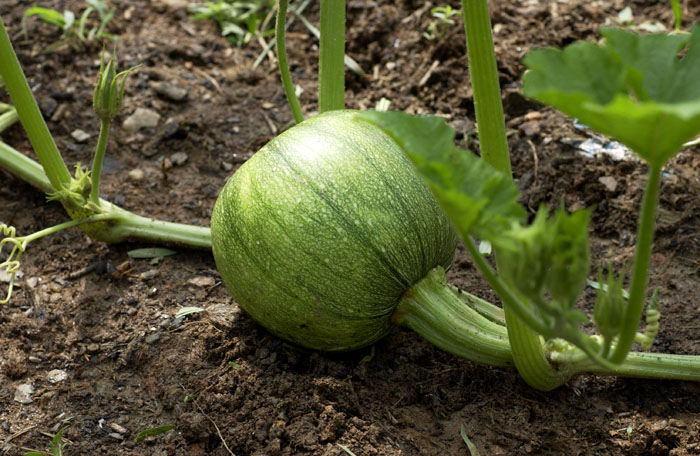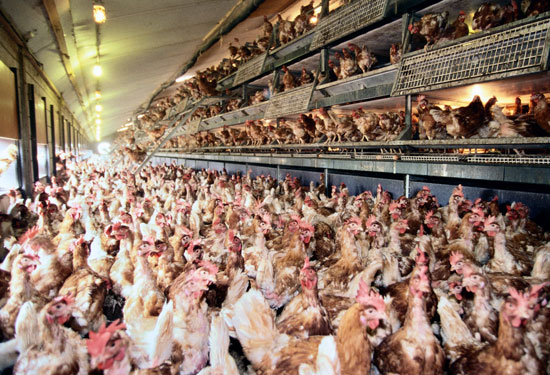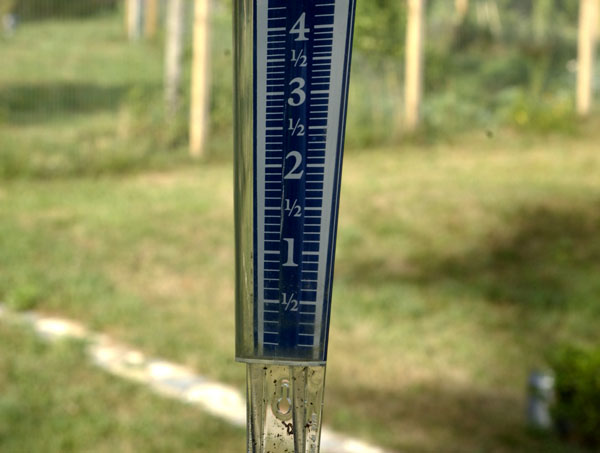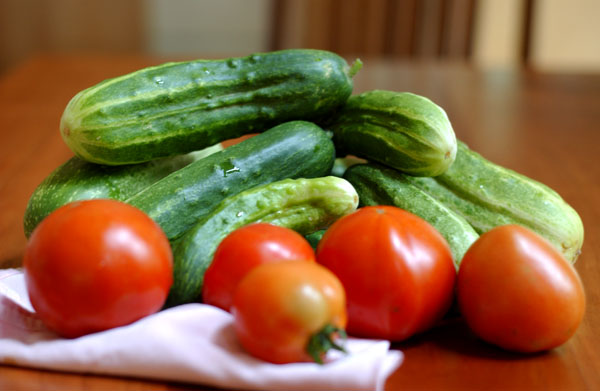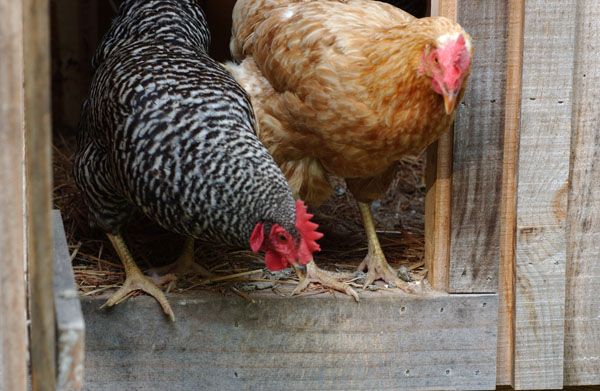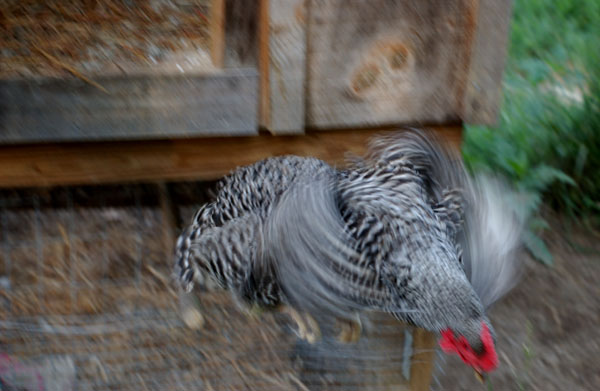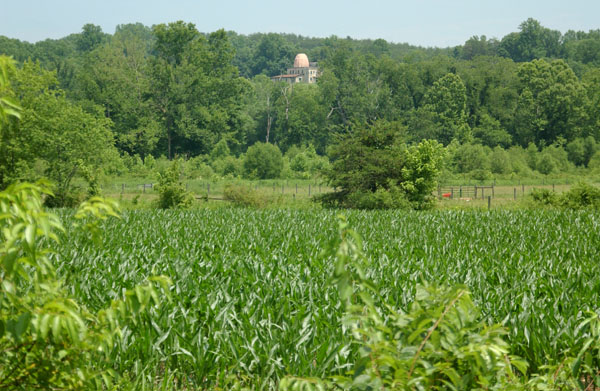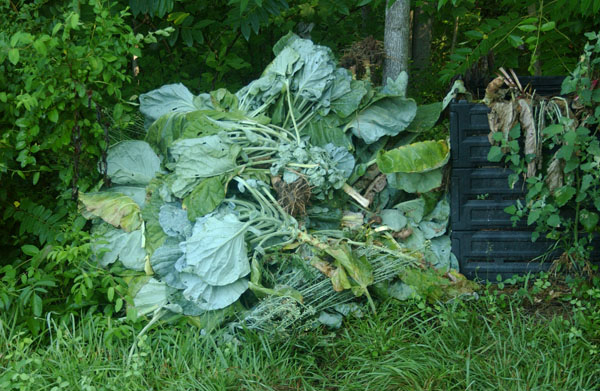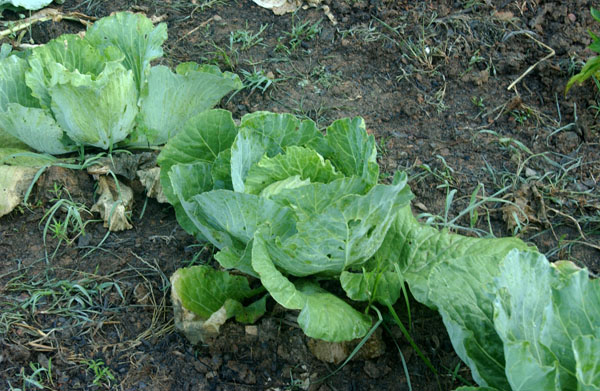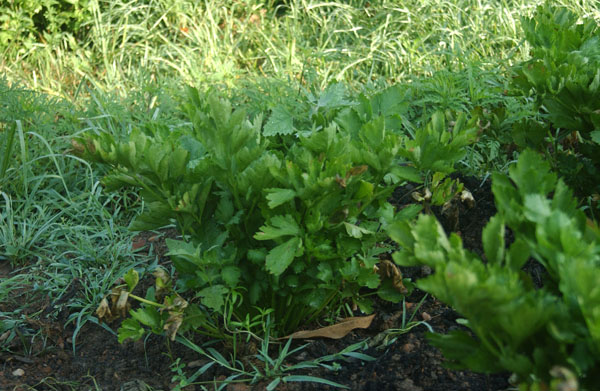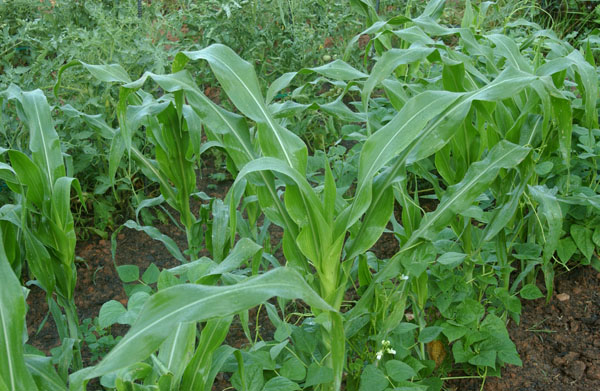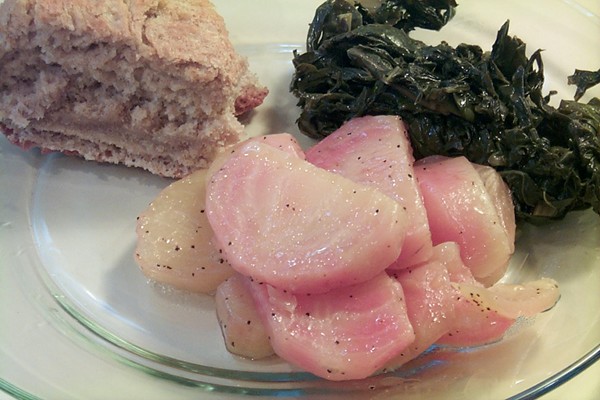
Panting chickens
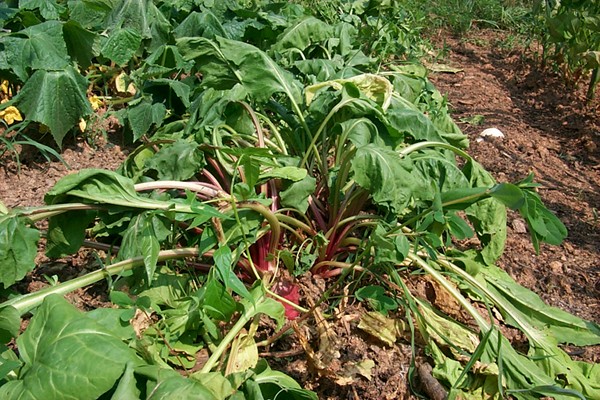
Wilted beets
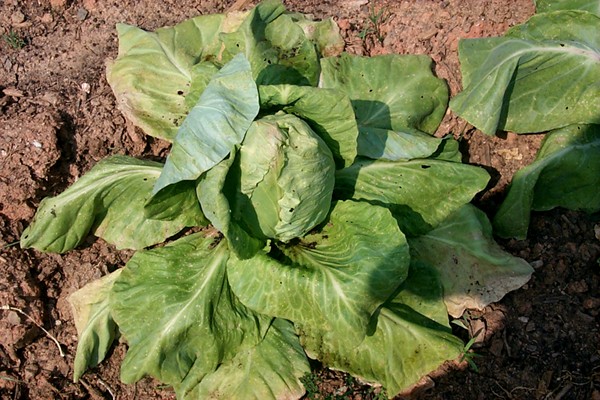
Dying cabbage
I try to honor a policy of never posting when I’m angry. Once again my anger has got the best of me.
After a cool, wet May, soon it will be three weeks since I’ve had any rain. During this time, day after day, the temperature has gone into the 90s. Today the high was 97F. A storm appeared out of nowhere up in Virginia yesterday evening, and it moved south and gave Surry County to the west of me a nice soaking, but I didn’t get a drop. That alone makes me angry — when I watch thunderstorms on radar that miss me by a few miles.
But it goes beyond that. Weather varies wildly from year to year and month to month, and always has. I know that. But this simply can’t be normal. When I was a child in the Yadkin Valley, I was around crops and gardens every summer. Sure there were dry spells and lost crops. But I don’t remember gardens drying up and dying every year, summer after summer. Because of the hit or miss nature of summer thunderstorms, some people will have good luck and others will have bad luck. But increasingly I’m afraid that no one will be able to garden consistently and successfully without some source of irrigation. I’d happily irrigate from a pond or a stream if I had one near enough. I don’t. I’ll use well water sparingly to revive the celery or keep a newly planted shrub alive, but well water is not the answer. It’s just wrong, and it’s unsustainable.
I expect next year’s weather in the U.S. will be just like this year’s: some places will flood, and others will parch. Some places will dry up, others will blow away.
My beets, cabbages, celery, and kale are done for. If I spritz them with water in the evening, they perk up enough to be harvested in the morning, so it won’t be a total loss. If it rains soon, most of my tomatoes and squash will survive, but the tomato leaves are starting to curl, and the squash is starting to wilt.
This morning Thomas Friedman — who as far as I’m concerned has devolved into a stopped clock when he writes about foreign affairs — has a pretty good column with the headline “The Earth Is Full.” He interviews Paul Gilding, an Australian who recently published a book, The Great Disruption: Why the Climate Crisis Will Bring On the End of Shopping and the Birth of a New World. Gilding gathers data on the brutally excessive demands we’re making on the earth’s natural systems.
Gilding is optismistic. He says, “We are heading for a crisis-driven choice,” he says. “We either allow collapse to overtake us or develop a new sustainable economic model. We will choose the latter. We may be slow, but we’re not stupid.”
Oh we’re not, are we? I beg to differ. Americans are incomprehensibly thoughtless and ignorant, and they show no signs of rethinking their lifestyles or levels of consumption. Just the other day I gritted my teeth as one ignoramus said to another ignoramus at the gas pump, “We’ve got enough oil for 2,000 years.” The other replied that all we needed to do was get the environmentalists off our backs so we could do more offshore drilling, and that would solve the problem. I know where they hear this stuff: from the shouting heads on television who are paid handsomely to retail corporate and right-wing propaganda. One good thing about the current recession is that consumption is down. But if we ever pull out of this recession, Americans will expect to go right back to their old levels of waste and consumption.
Ken recently quoted Lew Rockwell, a libertarian and chairman of the Ludwig von Mises Institute in Alabama, a right-wing propaganda tank. Rockwell said:
“I spritzed some hairspray at the sky (not having enough hair to justify pointing it at me), used up a whole roll of paper towels, turned the refrigerator thermostat down, mixed newspapers with my garbage, filled up my car at an Exxon station, turned on all the lights, and took my daughter to McDonald’s for cheeseburgers, since they still had those nice, clean styrofoam containers. Unfortunately, it wasn’t cold enough to wear my fur hat.”
And:
“Chicken or chicory, elephant or endive, the natural order is valuable only in so far as it serves human needs and purposes. Our very existence is based on our dominion over nature; it was created for that end, and it is to that end that it must be used — through a private-property, free-market order.”
That last idea, of course, is a religious idea, and it comes from America’s dominant religion. And his rabid anti-nature attitude isn’t just ignorant, it glories in its ignorance. The appeal this kind of talk has for the American ignorati and the blindly religious is enormous. And those masses of Americans, of course, are exactly the target the propaganda is designed to reach.
I wish there was some other planet for those people to go live on. Then we might have a chance at saving the Earth.
Our sorry species doesn’t deserve a beautiful water planet like Earth. If we left it to the chickens and the chicory, the elephants and the endive, they’d take care of the Earth. They’re not as stupid as we are.

